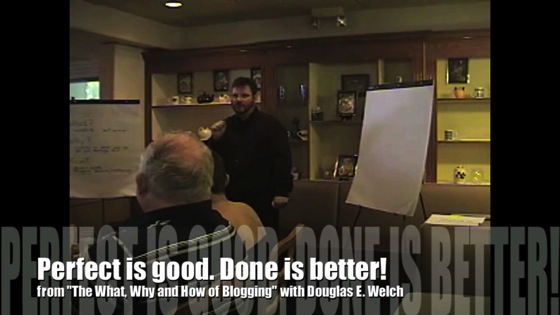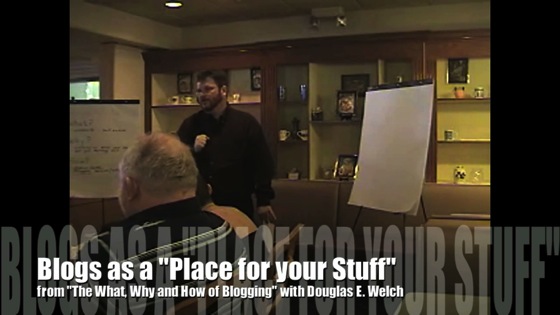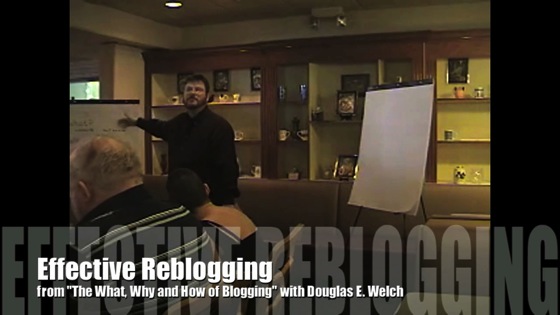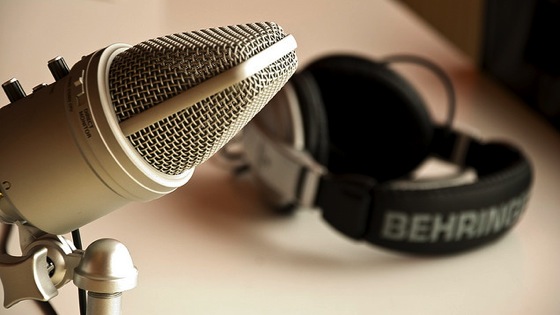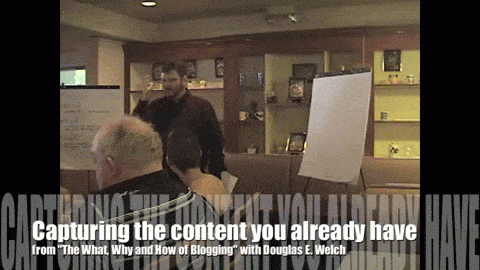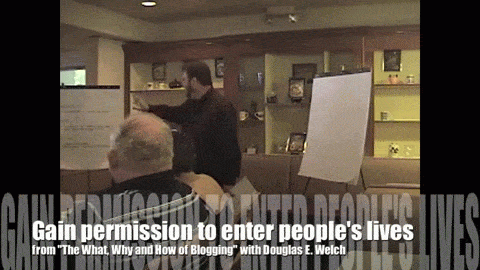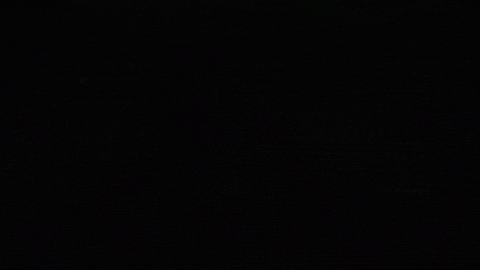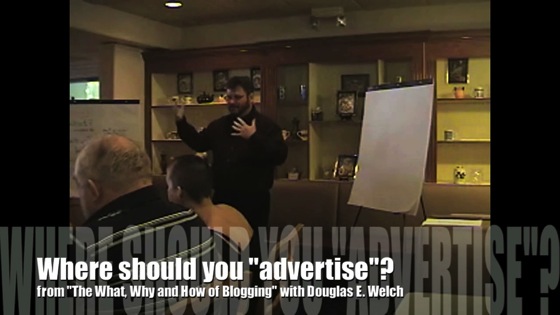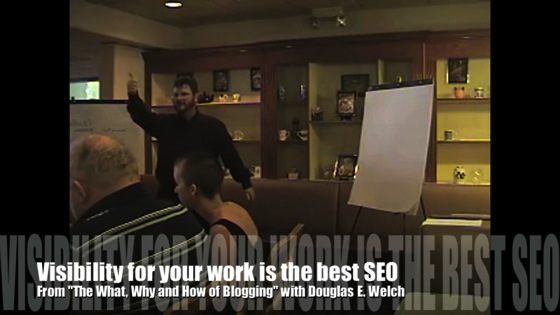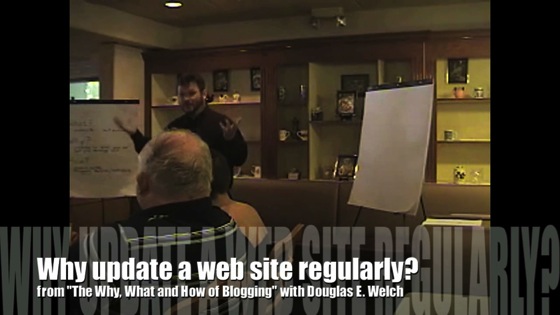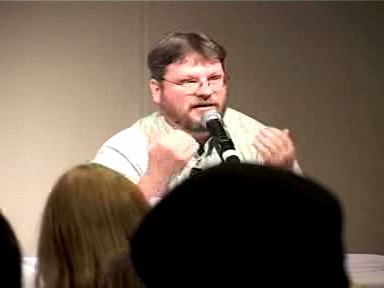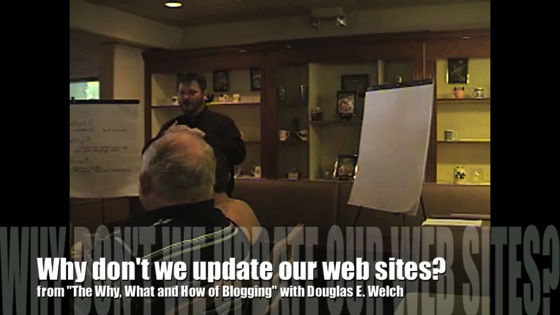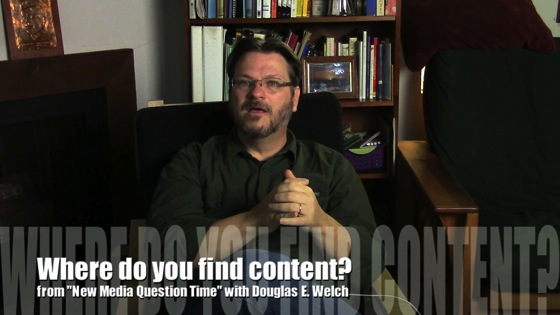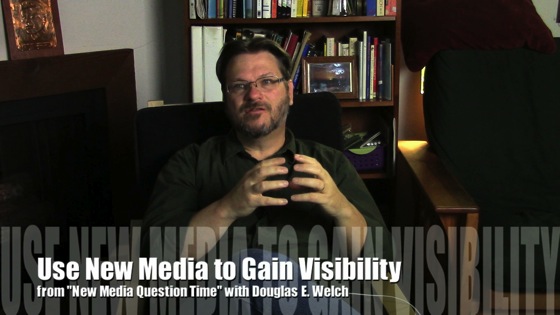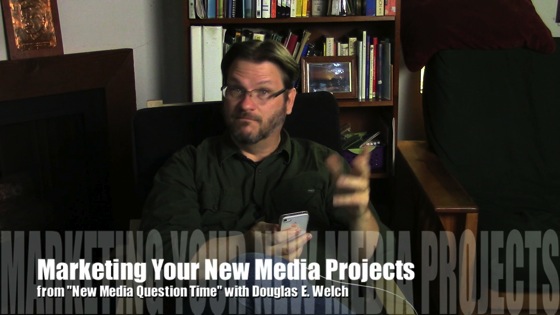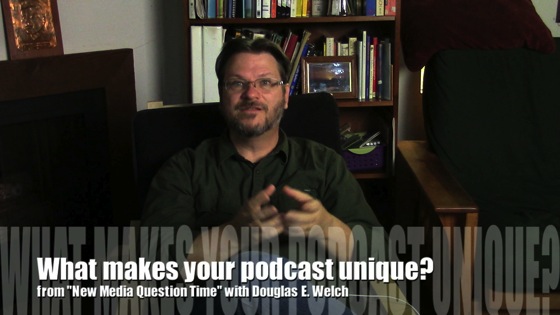Over the last several weeks I have been consulting with clients who — perhaps as part of the typical New Year’s Resolution — called me in to help them start their website or blog. In most cases, they’ve had a website or blog for a long time, bit they’ve never really gotten the hang of using it to its best advantage. I would love to say this uncommon, but many of my clients are in just such a situation.

If you want to be part of the online world, and use it to your advantage, it does take time and energy. It doesn’t just do itself. Sure, you could hire someone to do it for you, but I have found that the best blogs and websites are curated by their owners. In some ways, they resemble your favorite little boutique — filled with little knick knacks that perfectly reflect the owners. Sure, you could hire someone to do it for you, but I have found that the best blogs and websites are curated by their owners. In some ways, they resemble your favorite little boutique — filled with little knick knacks that perfectly reflect the owner’s interests and personalities.
Sure, you could hire someone to do it for you, but I have found that the best blogs and websites are curated by their owners. In some ways, they resemble your favorite little boutique — filled with little knick knacks that perfectly reflect the owner’s interests and personalities. Even more, I think the act of curating your own blog helps to develop a sense of why you should blog more often and how to develop more content for your blog.
Where to start?
Using my clients as an example, here are a few places to start when you want to get blogging again.
First, locate and notate all your login IDs and passwords. Time clouds our memories, so it may be necessary to reset passwords using the usual “Forgot Your Password” links on the various sites. If you can’t remember your password within a few attempts, simply reset it and choose a new password.
Once you have a new password, consider using a password service like Lastpass.com to store your passwords. You don’t want to have to go searching for login information — or change your password again in the future.
In most cases, here are some basic passwords you will need to get re-started:
- Web Site Hosting (could be Dreamhost.com, GoDaddy.com, Bluehost.com or others)
This login information allows you to access the settings for your web hosting service, domain name and, in some cases, email addresses.
- Blogging Software (could be WordPress.com, a locally installed version of WordPress, Blogger, Tumblr.com or others
This allows you to log into your blog, edit past posts, add new posts, upload photos, etc.
- FTP (File Transfer Protocol)
FTP is a service which allows you to upload or download files from your website — operating much like copying files on your own computer. This allows you to upload photos, audio, video or PDF files. This is especially important if you want to share media files for podcasts, as they have to located on a web server before they an be shared as part of a blog post.
Usually, these three couplets of information are enough to allow you to get back to work. If you need further assistance, you may need to contact your service providers. It really isn’t that difficult to reset your password and such and get everything you need to get you blogging again.
Next Time: Figuring out what you want to share on your blog
Need more help? Add a comment using the “Leave a Comment” link below, contact me on New Media Interchange on Facebook or email at douglas@welchwrite.com
